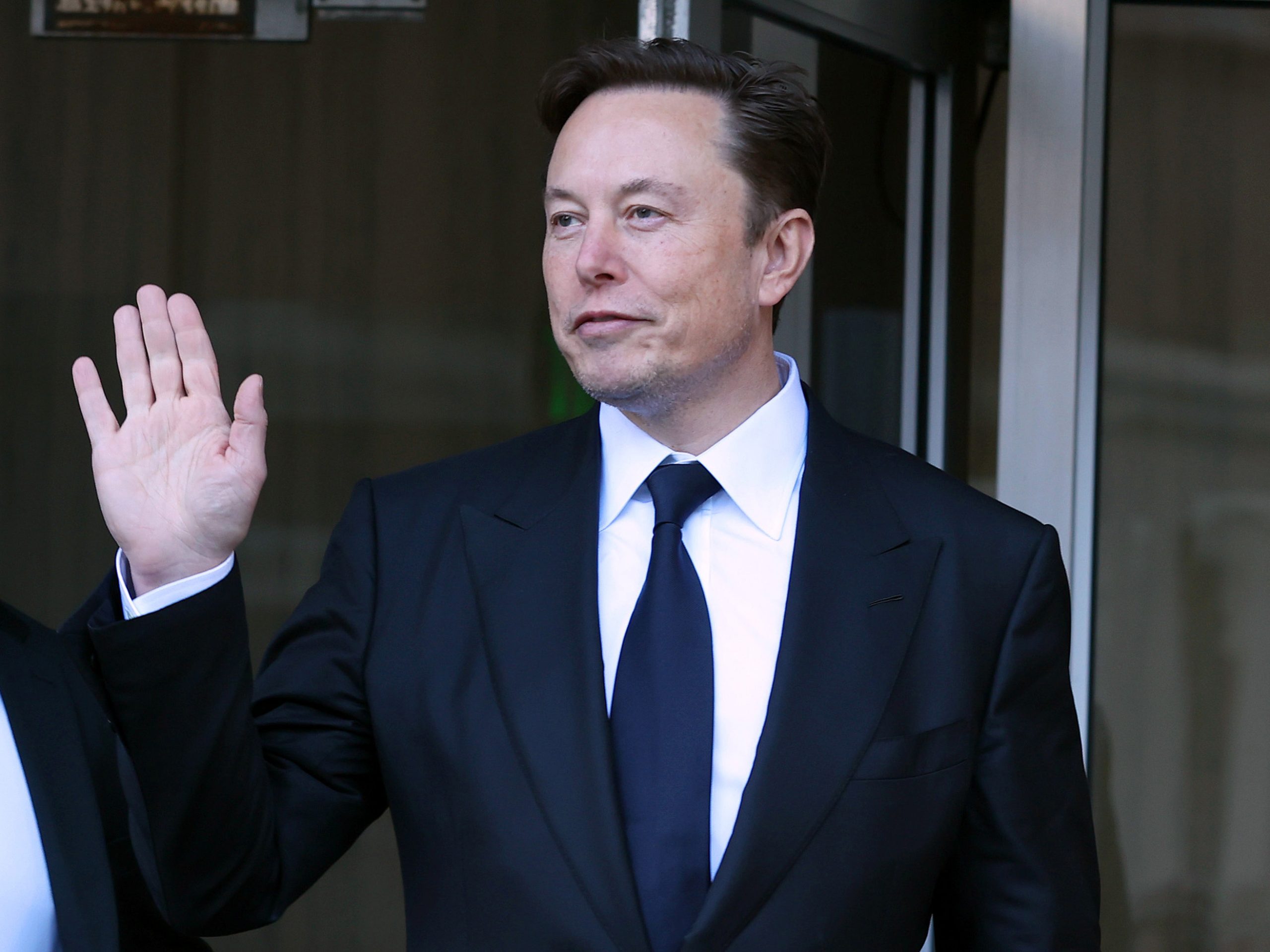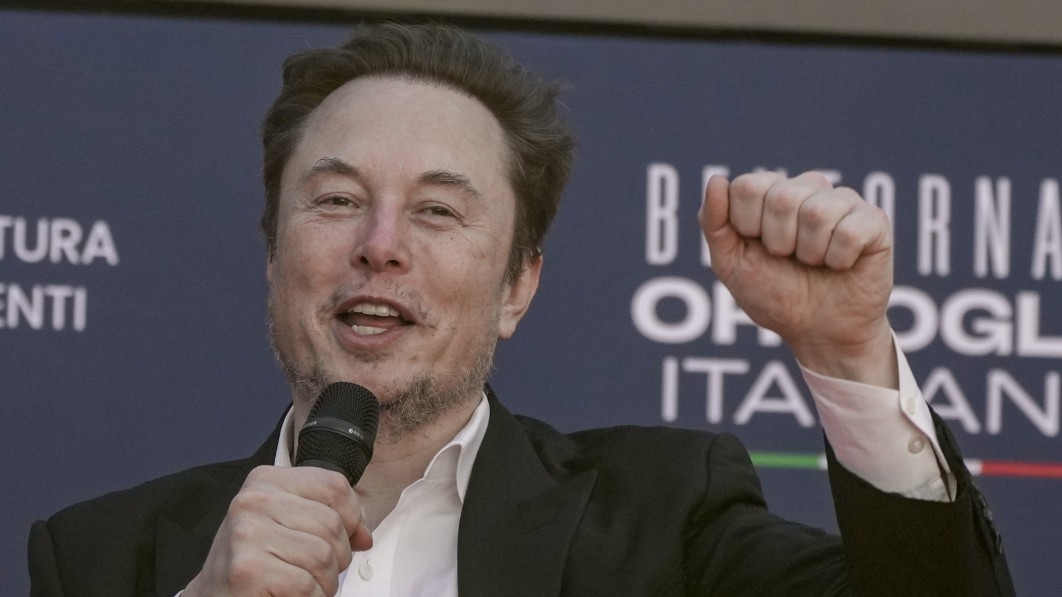Elon Musk, the CEO of Tesla, is actively pursuing an increased influence within the electric vehicle (EV) giant, aiming to solidify his already high-ranking position. In his quest to position Tesla as a global leader in artificial intelligence and robotics, Musk is urging the board of directors to grant him more decision-making authority.
University of Maryland professor David Kass points out that Musk’s unique influence within the company could set the stage for negotiations.
Referring to Musk’s recent social media post on platform X, Kass underscores Musk’s desire to secure 25% voting control. Musk emphasizes the strategic balance he seeks, significant enough to influence decisions yet open to potential reversal.

Although Musk previously held over 20% of Tesla’s shares, he reduced his stake to fund the acquisition of Twitter, leaving him with a current holding of approximately 13%, making him Tesla’s principal shareholder.
Musk’s heightened demand for control adds complexity to Tesla’s existing governance challenges and underscores his substantial influence over the company.
While Musk has publicly expressed his need for more control and appropriate compensation, these requests come amid his existing CEO performance package, potentially valued at over $50 billion.
This substantial earning potential led to a shareholder lawsuit in 2018, alleging corporate resource waste, unmerited enrichment, and negligence by the board in approving the plan.
Despite Musk’s endorsement of Tesla’s board on platform X, attention remains on his push for increased control. The board has faced criticism for perceived weak checks and balances on Musk’s impulsivity, contributing to negative public perception.
Brianna Castro of Glass Lewis, a shareholder advisory firm, suggests that such demands for control may not sit well with many investors.
As calls for the board to regulate Musk’s public statements and decision-making intensify, concerns about the board’s impartiality, given their ties to Musk, have also surfaced.
Key board members, including Robyn Denholm, James Murdoch, Kimbal Musk, Ira Ehrenpreis, JB Straubel, Joe Gebbia, and Kathleen Wilson-Thompson, have diverse backgrounds but face scrutiny for their close connections to Musk.
The outcome of the Delaware compensation case could lead to significant changes in Tesla’s board. If ruled against Tesla and Musk, new regulatory decisions might restrict Musk’s compensation and curb his recent requests.
Analysts and observers note that Musk’s arguments have remained unchallenged, suggesting potential board compliance.
Elon has proposed a dual-class share structure to enhance voting power, but critics argue against such arrangements, citing the risk of founders or early investors wielding disproportionate influence.
The board’s attention will be crucial in addressing ongoing issues and managing Musk’s demands in the upcoming year. The appointment of new board members and the impact on stock performance will likely shape future developments.
While successful portfolios often mitigate discussions on corporate governance, any decline in Tesla’s stocks could unsettle even the most loyal investors.
The board’s primary challenge is to establish its authority amid the prominent figure shaping the company’s value. As these developments unfold, stay informed with the latest stock market news, financial updates, and business insights on Yahoo Finance.

